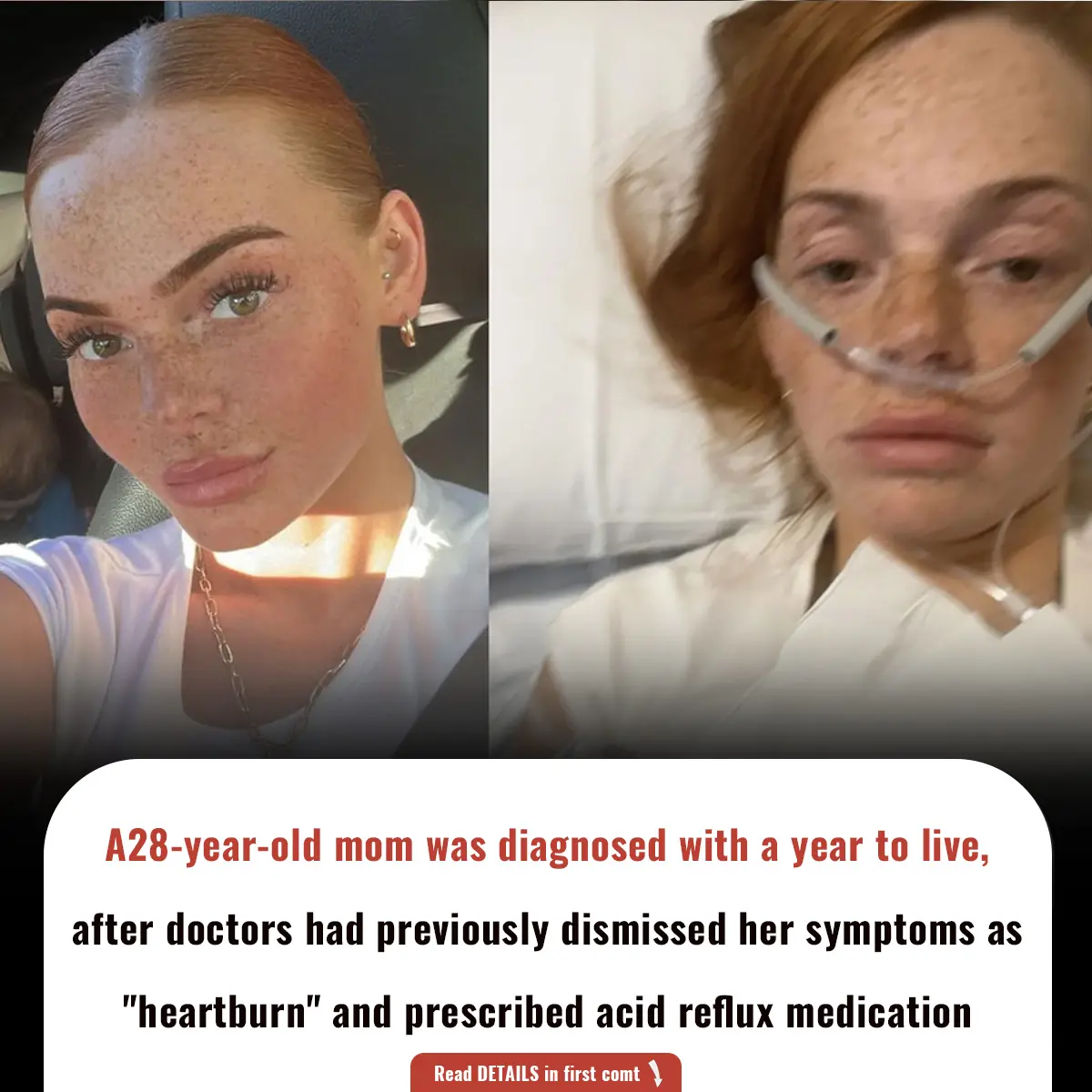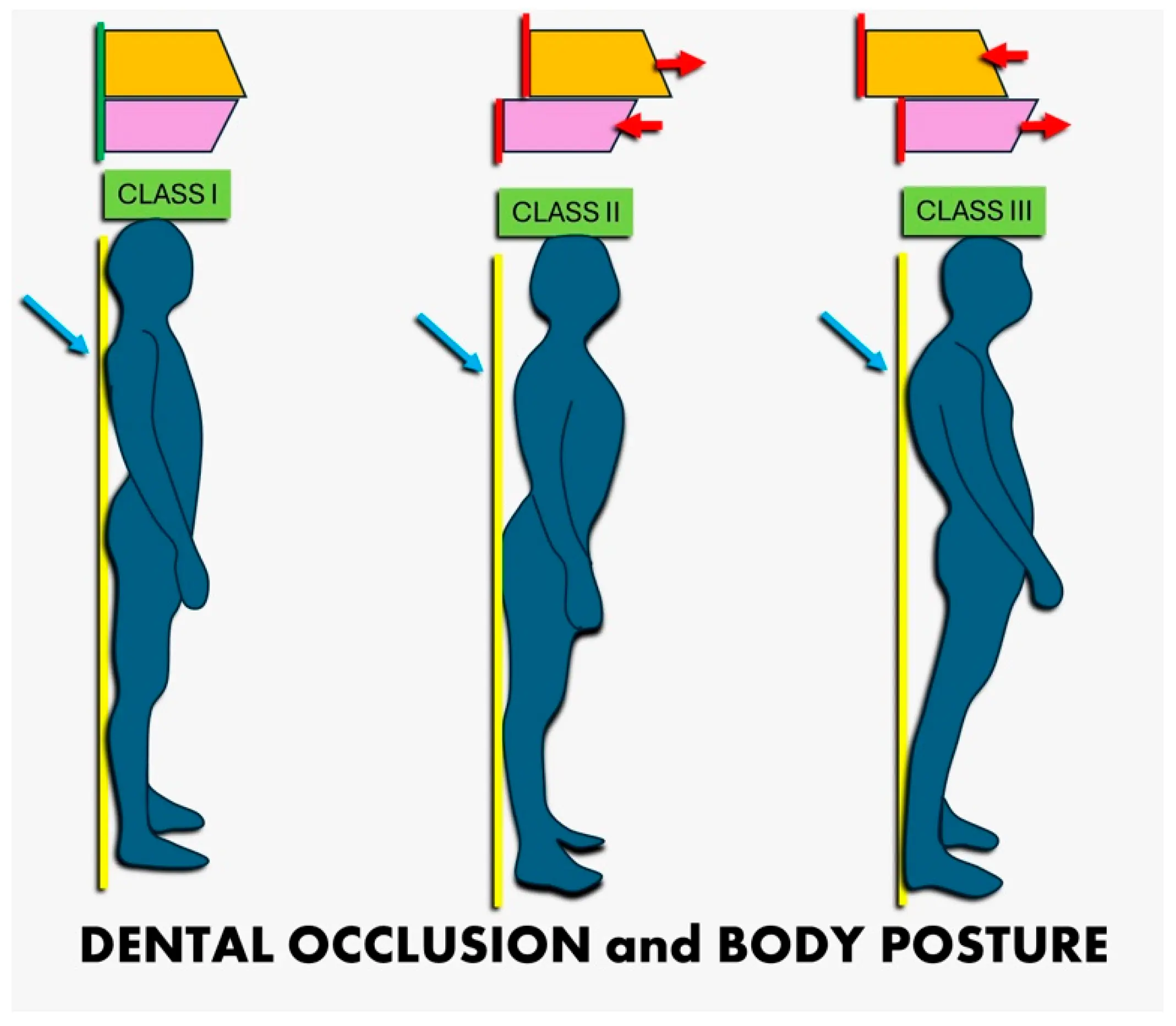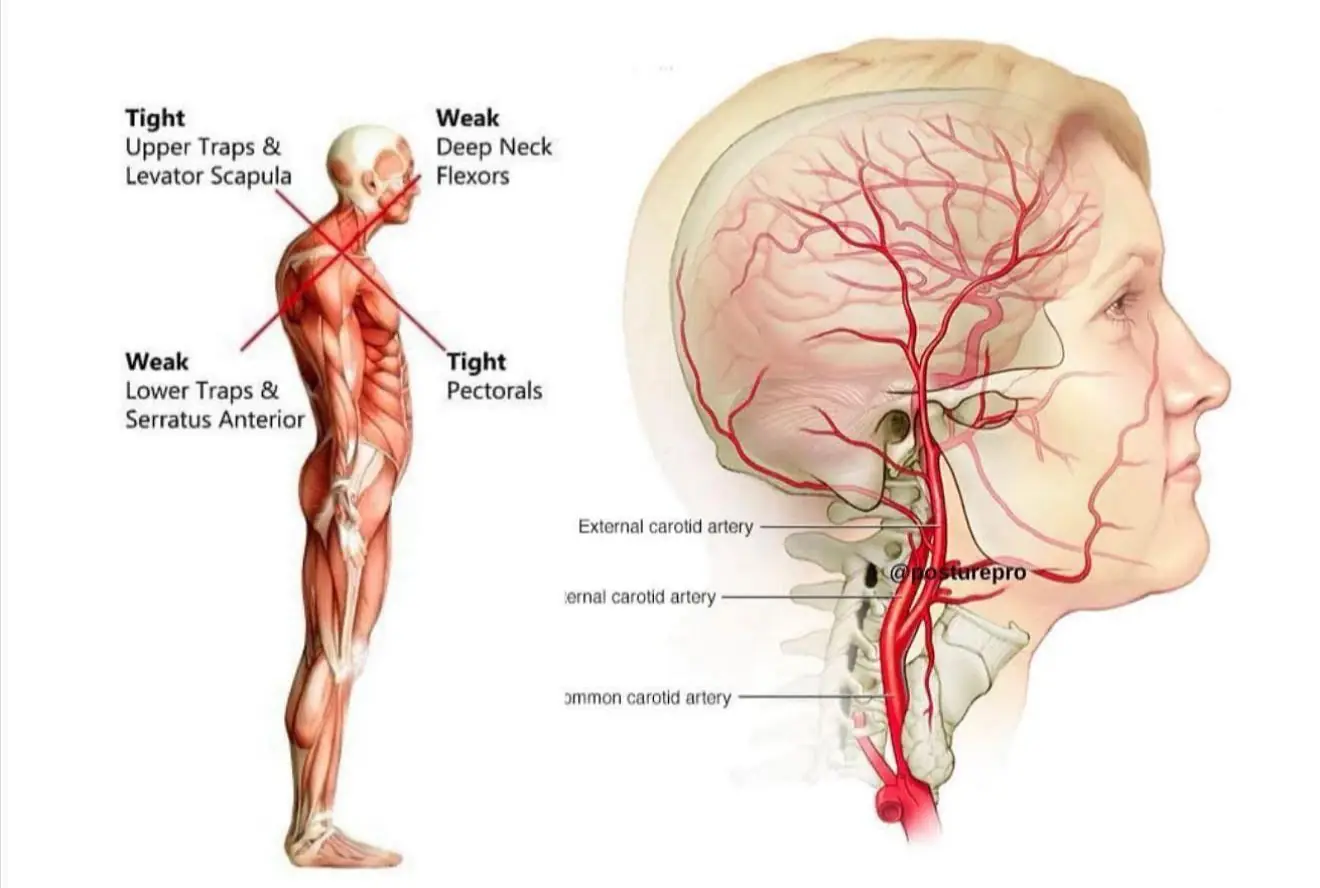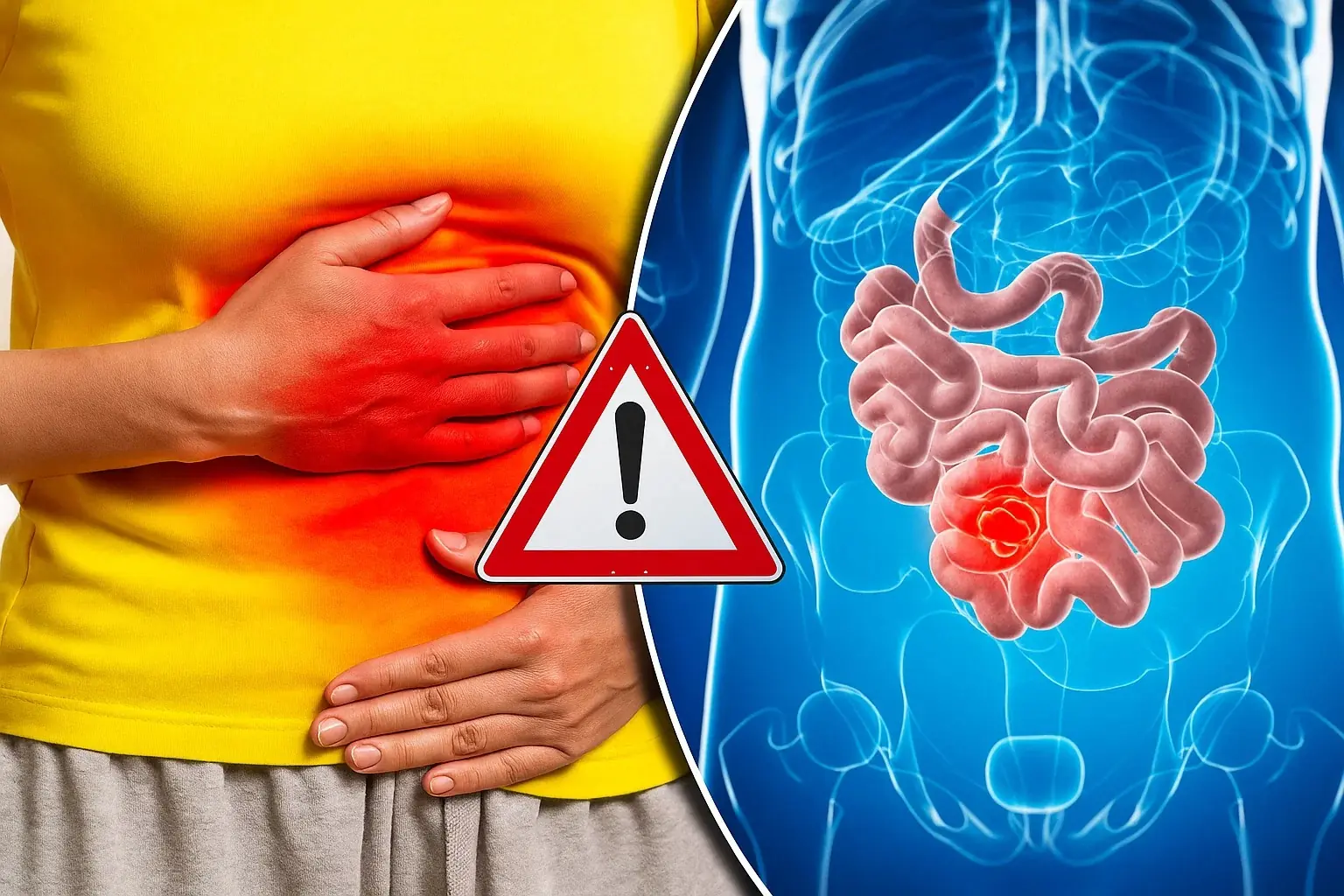Fatty liver disease is a condition where excess fat builds up in the liver. It can be caused by excessive alcohol (alcoholic fatty liver disease) or by other factors like obesity, type 2 diabetes, and metabolic syndrome (non-alcoholic fatty liver disease)
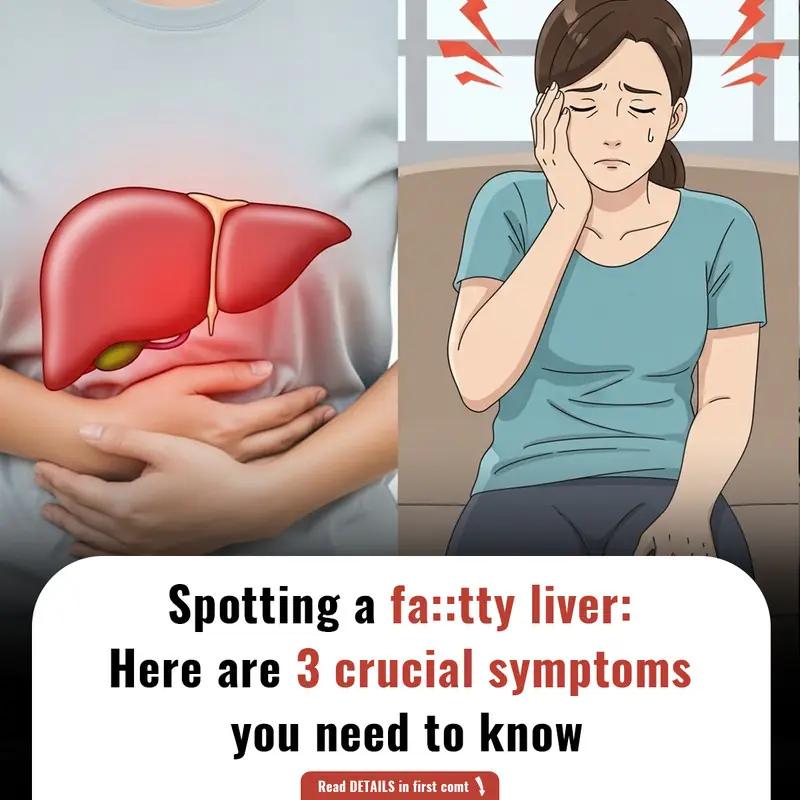
One of the most commonly reported symptoms of fatty liver disease is
persistent fatigue. But this isn’t the usual tiredness that fades after a nap or a full night’s rest — it’s a deep, lingering exhaustion that can make getting out of bed feel nearly impossible. Many individuals with fatty liver report feeling worn out even after proper sleep and rest.
Why Does Fatty Liver Make You So Tired?
The liver plays a crucial role in maintaining overall health — it helps process nutrients, stabilize blood sugar, and filter toxins from the bloodstream. When excess fat accumulates in the liver, the organ can become inflamed and start to function less efficiently. This inflammation can disrupt the nervous system and brain, leading to a drop in energy levels and causing chronic fatigue that many liken to the exhaustion felt after a long, uphill trek.
Additionally, fatigue related to liver dysfunction often affects concentration, mental clarity, and mood. Over time, this can contribute to feelings of depression or anxiety.
Pain in the Upper Right Abdomen
Another symptom experienced by some people with fatty liver is discomfort or pain in the upper right side of the abdomen, just below the ribcage — where the liver is located.
Interestingly, the liver itself doesn’t have pain receptors. However, it’s encased in a membrane known as Glisson’s capsule, which does contain nerves. When the liver becomes enlarged or irritated due to fat buildup, this capsule can stretch, causing anything from a dull ache to sharper, more persistent pain. For some, this pain can last for months and may even disrupt sleep.
Keep in mind that not everyone with fatty liver experiences abdominal pain, and this symptom is sometimes confused with issues related to digestion or other organs. However, if you feel discomfort in this area along with fatigue or other risk indicators, it’s important to consult a healthcare provider.
No Symptoms at All: The Silent Nature of Fatty Liver
Perhaps the most surprising aspect of fatty liver disease is that many people don’t experience any symptoms at all. It’s often called a “silent” disease because it can silently develop over years without triggering any obvious signs or discomfort.
In fact, most individuals with fat in their liver may never develop significant damage or notice anything wrong. The condition is frequently discovered by accident during routine blood tests or imaging for unrelated health concerns.
Because of this stealthy progression, fatty liver can go undiagnosed until it leads to more severe issues like liver inflammation, fibrosis (scarring), cirrhosis, or even liver failure.
If you're noticing persistent tiredness, unexplained discomfort in the right upper abdomen, or simply want to understand your risk better, speak to your doctor. Early detection and lifestyle changes can make a big difference in managing or reversing fatty liver disease.
Note: This content is based on publicly available information and should be used for educational purposes only. It does not replace professional medical consultation or advice.












